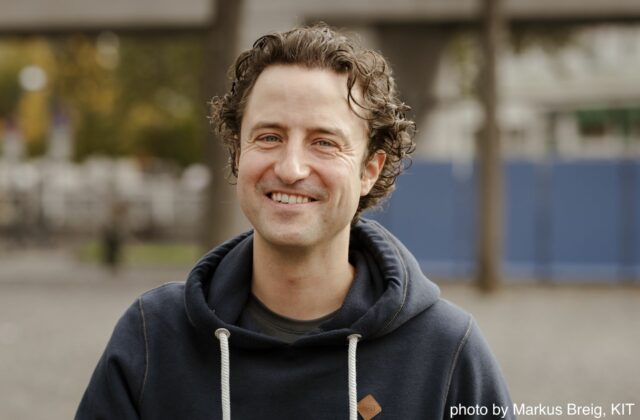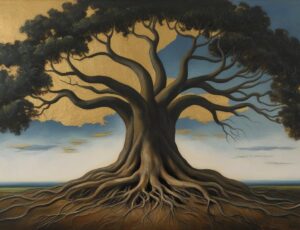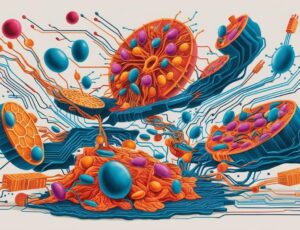
Social Media for Digital Democracy: Theory, Applications, Algorithms
Year Group 2022/23
About the Topic
Online social networks, and the recommendation and micro-targeting algorithms driving them, have reshaped the ways in which public opinion forms in contemporary societies.
While it is still unclear how exactly these systems affect the democratic mechanisms underpinning our societies, considerable research shows how hyper-connectivity and algorithmic personalization may lead to phenomena in public opinion, such as radicalization and polarization, that carry negative implications for democracy. But can these technologies actually be repurposed to foster democratic values, rather than hinder them? And if so, how?
There are reasons for optimism. In the last few years, we witnessed remarkable efforts towards digital innovation in participatory democratic decision-making, including the successful deployment of digital tools that bring together citizens in order to elicit cohesive policy responses to controversial issues (e.g., the Consul, LiquidFeedback, and Polis platforms).
Beyond anecdotal successes however, there is very limited insight into how citizens participation and deliberation tools like the ones mentioned above can be successful in fostering participation and consensus. We lack the basic science that can support successful efforts into the development of technologies for the democratic space.
With this Theme Group project we have the ambition to fill this gap by bringing together, in an innovative way, methods and insights from Artificial Intelligence, Psychology and Sociology. We want to outline a research agenda and establish first fundamental results for an evidence-based, theoretically grounded, approach to the development of computational tools that can better support democratic life, foster healthy public debate and support constructive forms of citizens’ participation.
About the NIAS-Lorentz Program
A NIAS-Lorentz Theme Group (NLTG) is an international group of three researchers, who do cutting-edge research that bridges the divide between the humanities and/or social sciences and the natural and/or technological sciences. It is part of the NIAS-Lorentz Program, stimulating interdisciplinary research.






